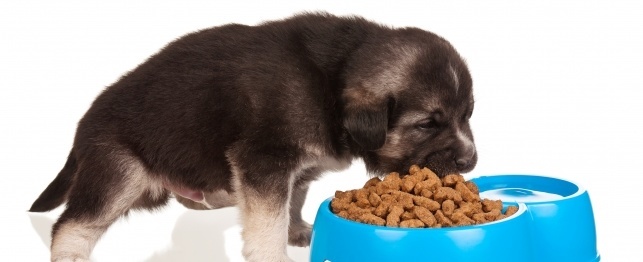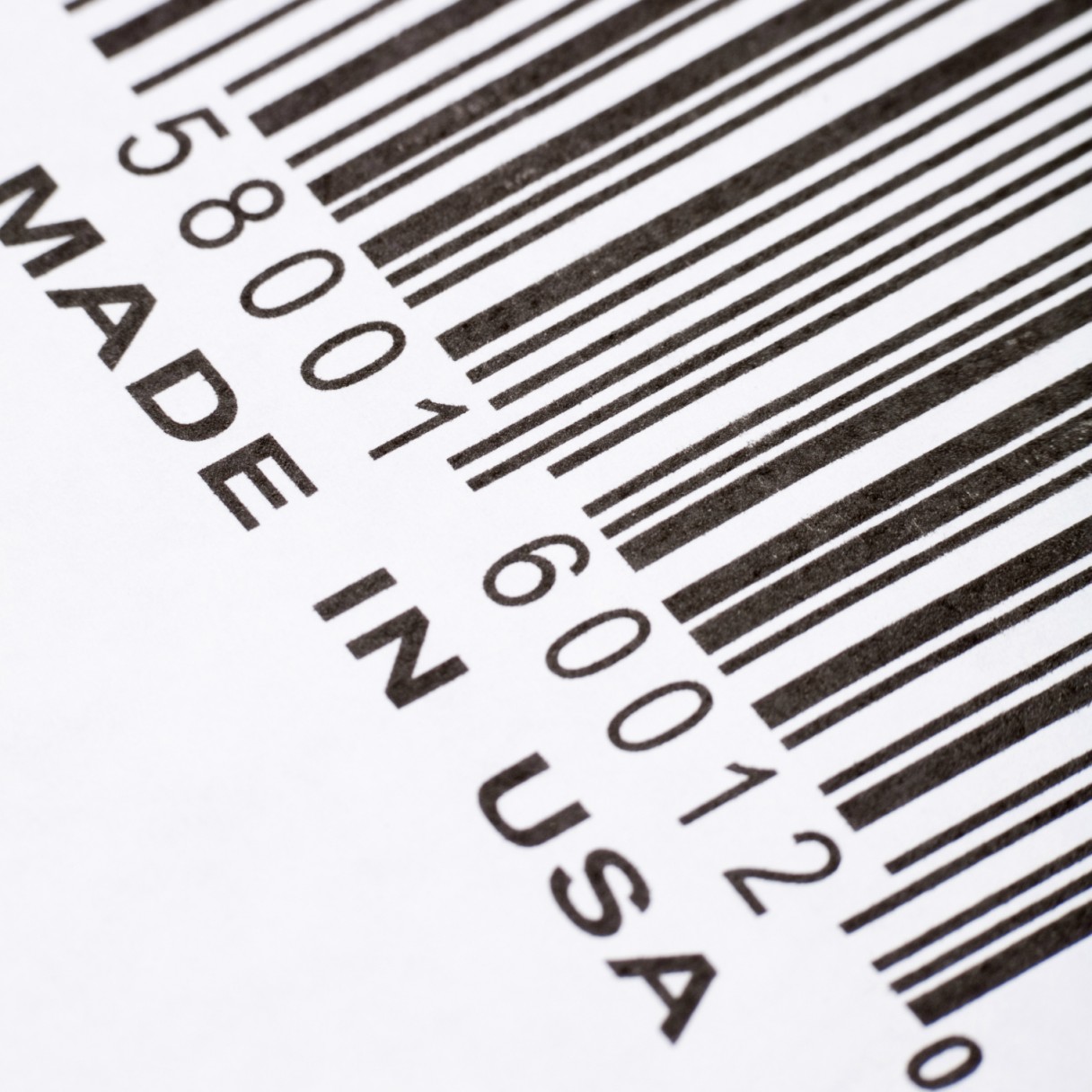

Dogs
Feeding your puppy is not the same as feeding adult dogs. Puppies, like children, have different dietary needs from adults, and care should be taken regarding what you feed your puppy. Feeding your puppy the wrong kind of food can lead to digestive problems and other health issues. Give your puppy a proper diet, however, and he will quickly grow into a healthy adult dog and a wonderful companion for you.
Newborn puppies get all their nutrition from their mother’s milk. In the event that the mother is not available for feeding, you will need to provide a replacement. Newborn puppies have to be fed either dog milk or goat milk. To get this milk or find other alternatives, talk to your veterinarian. There might be more that you have to do to ensure that the puppies survive. Always consult an expert if you are unsure of something! When hand-feeding, newborns must be fed every 2 to 3 hours for the first four weeks. After that, solid food can be introduced by mixing it with their milk.
When choosing a food for your puppy, check the list of ingredients. Ingredients are generally listed in order of amount used, with the ones used most listed near the beginning. The first ingredient in puppy food should be meat. Puppies should be fed food that has a protein content of 25 to 30 percent, depending on the breed.
Cheaper puppy foods provide less nutrition, with most of the food passing right through the puppy’s body and not being absorbed. Premium brands are more expensive but they contain higher quality ingredients and are better for your puppy. Because premium puppy food has more beneficial ingredients for your puppy, they do not need to eat as much of it. If you are unsure which brand is best for your puppy, consult your veterinarian.
At around seven weeks of age, your puppy should be completely weaned. and old enough to eat solid food without having to mix it with milk. Dry food is highly recommended. Wet and moist foods contain way more water and salt than a puppy needs, and can lead to diarrhea. Also keep in mind that you are paying by weight, and when most of a food’s weight is water, it’s simply not worth the money. Feeding your puppy dry food also satisfies their need to chew, helps their developing teeth, and even helps fight plaque.
(For more tips regarding selecting the right food for your puppy, read here.)
Water is crucial to a dog. Always make water available to the puppy after feeding time, especially if they are eating dry food. Make sure that the puppy has access to water at all other times as well.
It is up to you to set a schedule for feeding your puppy. Creating a schedule also regulates when the puppy goes to the bathroom, making house training easier. After eating, give a puppy some space and quiet for about an hour or its stomach may become upset and cause problems.
Up until 6 months of age, puppies should be fed three times a day. From 6 months to a year, they should be fed twice a day. After that, a dog can be fed once or twice per day, depending on the dog’s size. An adult dog will often decrease the feeding times himself.
(Click here here to read about the ideal daily schedule for your dog or puppy.)
 How to Keep Outside Dog Houses Warm
How to Keep Outside Dog Houses Warm
Ho
How to Keep Outside Dog Houses Warm
How to Keep Outside Dog Houses Warm
Ho
 AKC Program Gives Breeders the Opportunity to Keep Learning
For more than 30 years, Mike Woodson has bred pure-bred dogs
AKC Program Gives Breeders the Opportunity to Keep Learning
For more than 30 years, Mike Woodson has bred pure-bred dogs
 CHF and Zoetis Podcast Series Pregnancy Diagnosis
The AKC Canine Health Foundation (C
CHF and Zoetis Podcast Series Pregnancy Diagnosis
The AKC Canine Health Foundation (C
 Four Tips For Choosing Edible Dog Chews
Dogs love to chew, and if you don’t give them an edible alte
Four Tips For Choosing Edible Dog Chews
Dogs love to chew, and if you don’t give them an edible alte
 Why Do Dogs Chew?
Why Do Dogs Chew?
Why Do Dogs Chew?. M
Why Do Dogs Chew?
Why Do Dogs Chew?
Why Do Dogs Chew?. M
Copyright © 2005-2016 Pet Information All Rights Reserved
Contact us: www162date@outlook.com